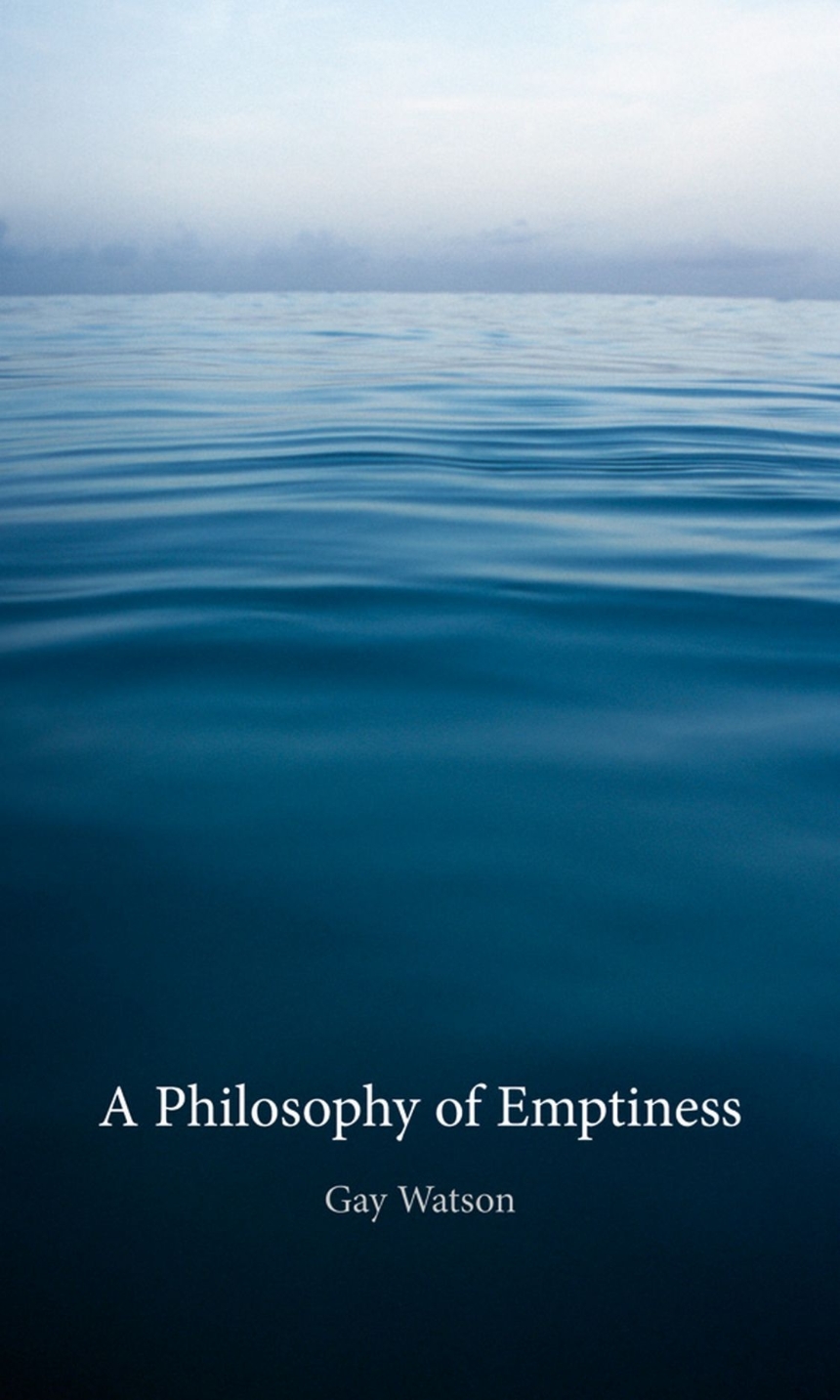Distributed for Reaktion Books
A Philosophy of Emptiness
We often view emptiness as a negative condition, a symptom of depression, despair, or grief—an assessment furthered by authors like Franz Kafka or the existentialists, Jean-Paul Sartre and Albert Camus. Offering an alternative view, A Philosophy of Emptiness reclaims these hollow feelings as a positive and even empowering state, an antidote to the modern obsession with substance and foundation.
Digging through early and non-Western philosophy, Gay Watson uncovers a rich history of emptiness. She travels from Buddhism, Taoism, and religious mysticism to the contemporary world of philosophy, science, and art practice. Though most Western philosophies are concerned with substance and foundation, she finds that the twentieth century has seen a resurgence of emptiness and offers reasons why such an apparently unappealing concept has attracted modern musicians, artists, and scientists, as well as preeminent thinkers throughout the ages. Probing the idea of how a life without foundation might be lived—and why a person might choose this path—A Philosophy of Emptiness links these concepts to contemporary ideas of meditation and the mind, presenting a rich and intriguing take on the concept of emptiness and the history of thought.
Digging through early and non-Western philosophy, Gay Watson uncovers a rich history of emptiness. She travels from Buddhism, Taoism, and religious mysticism to the contemporary world of philosophy, science, and art practice. Though most Western philosophies are concerned with substance and foundation, she finds that the twentieth century has seen a resurgence of emptiness and offers reasons why such an apparently unappealing concept has attracted modern musicians, artists, and scientists, as well as preeminent thinkers throughout the ages. Probing the idea of how a life without foundation might be lived—and why a person might choose this path—A Philosophy of Emptiness links these concepts to contemporary ideas of meditation and the mind, presenting a rich and intriguing take on the concept of emptiness and the history of thought.

